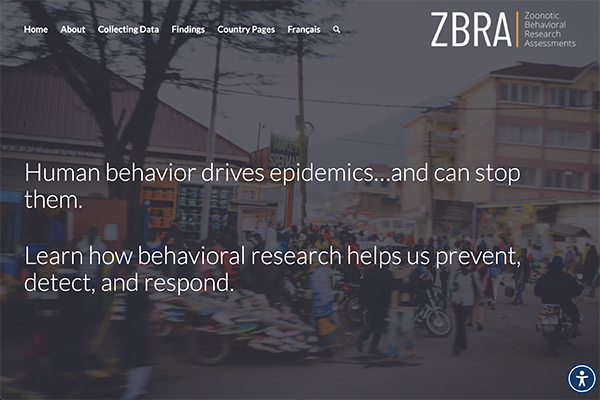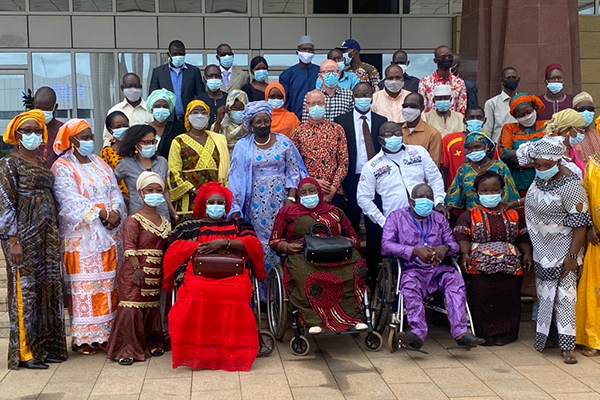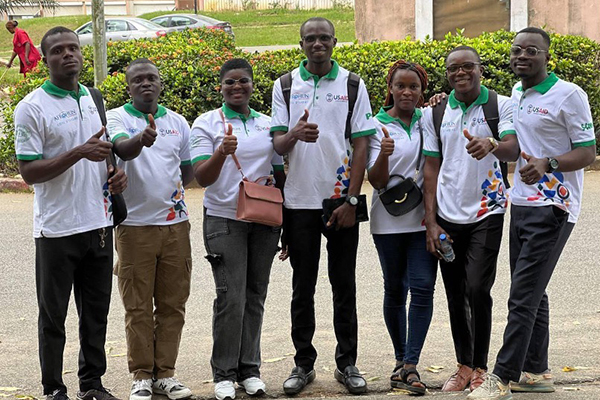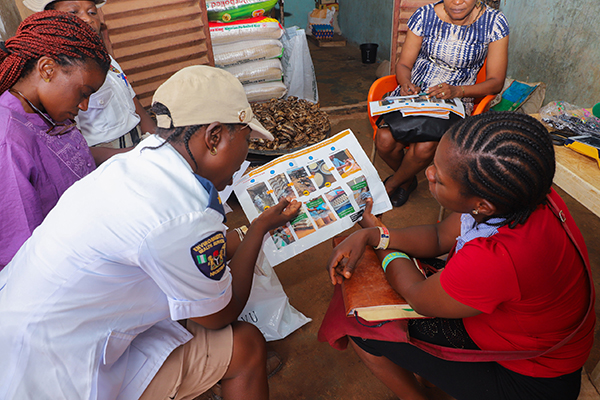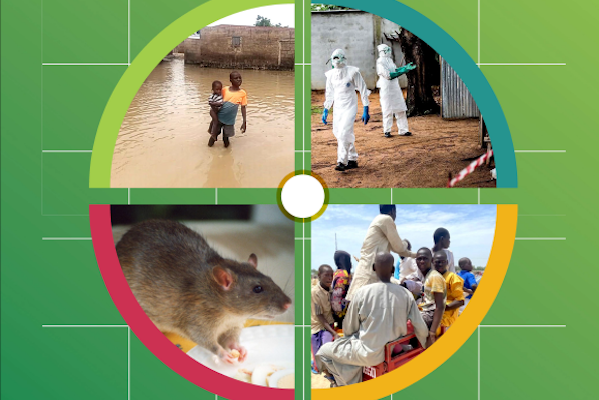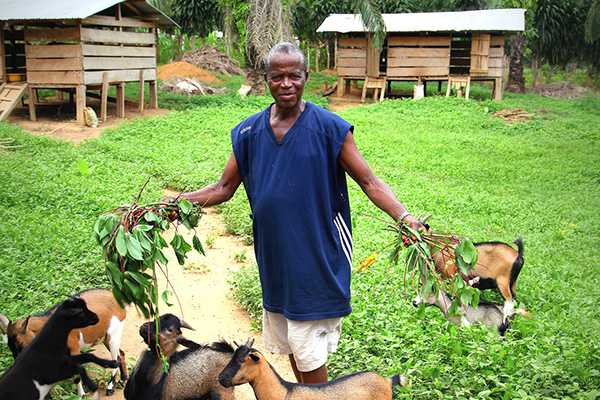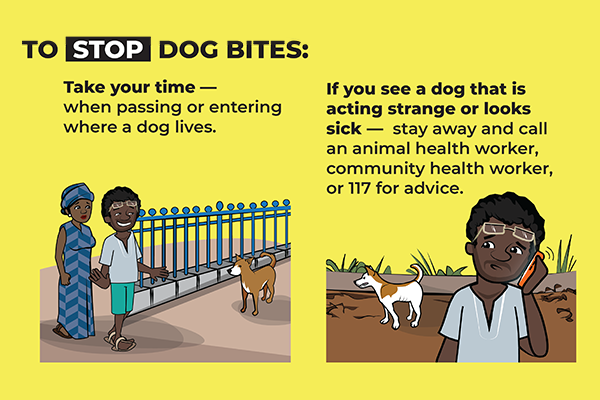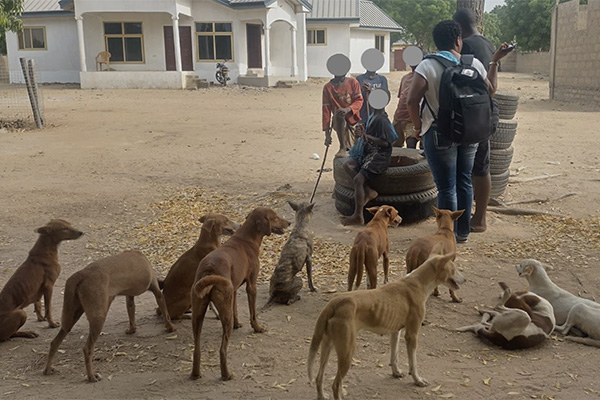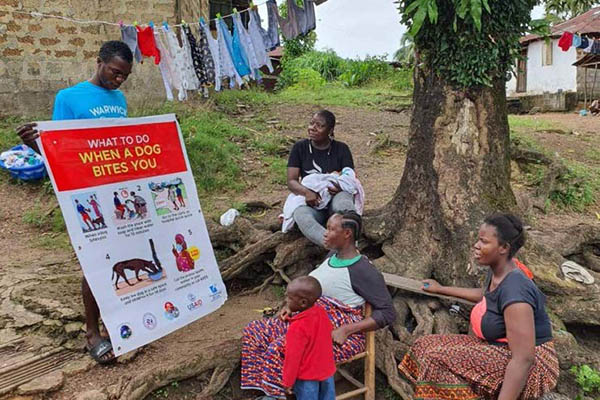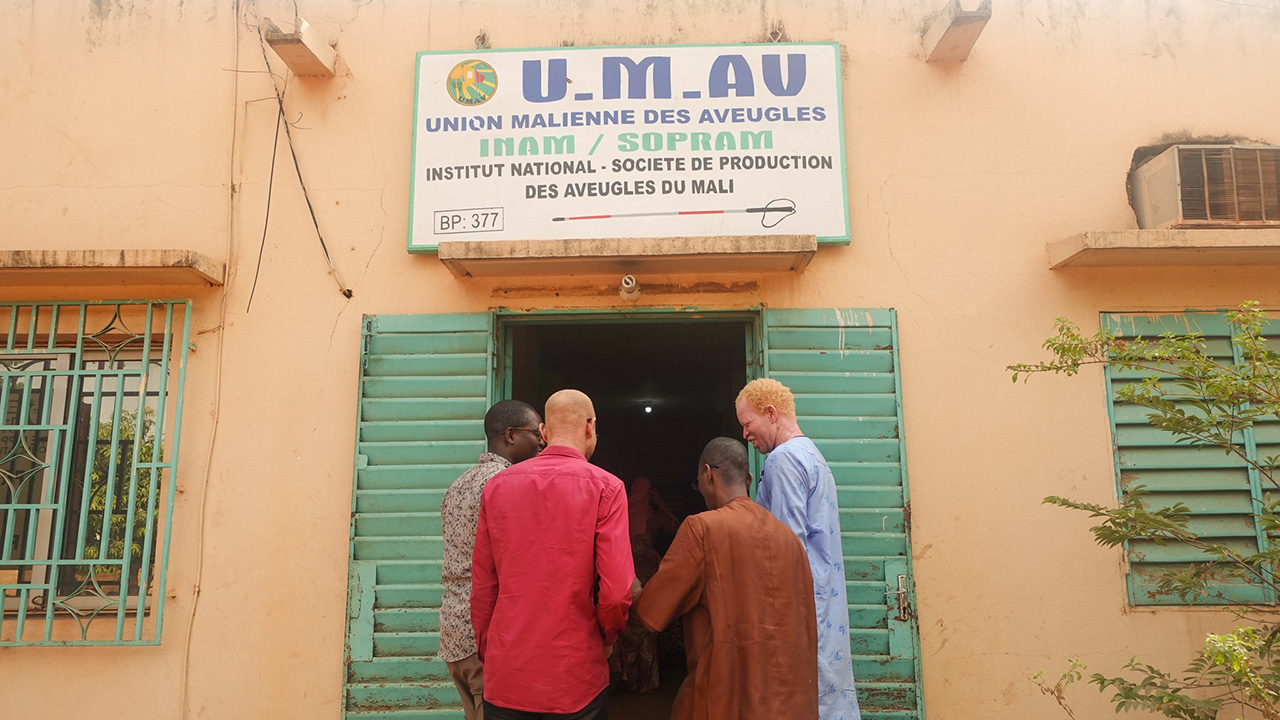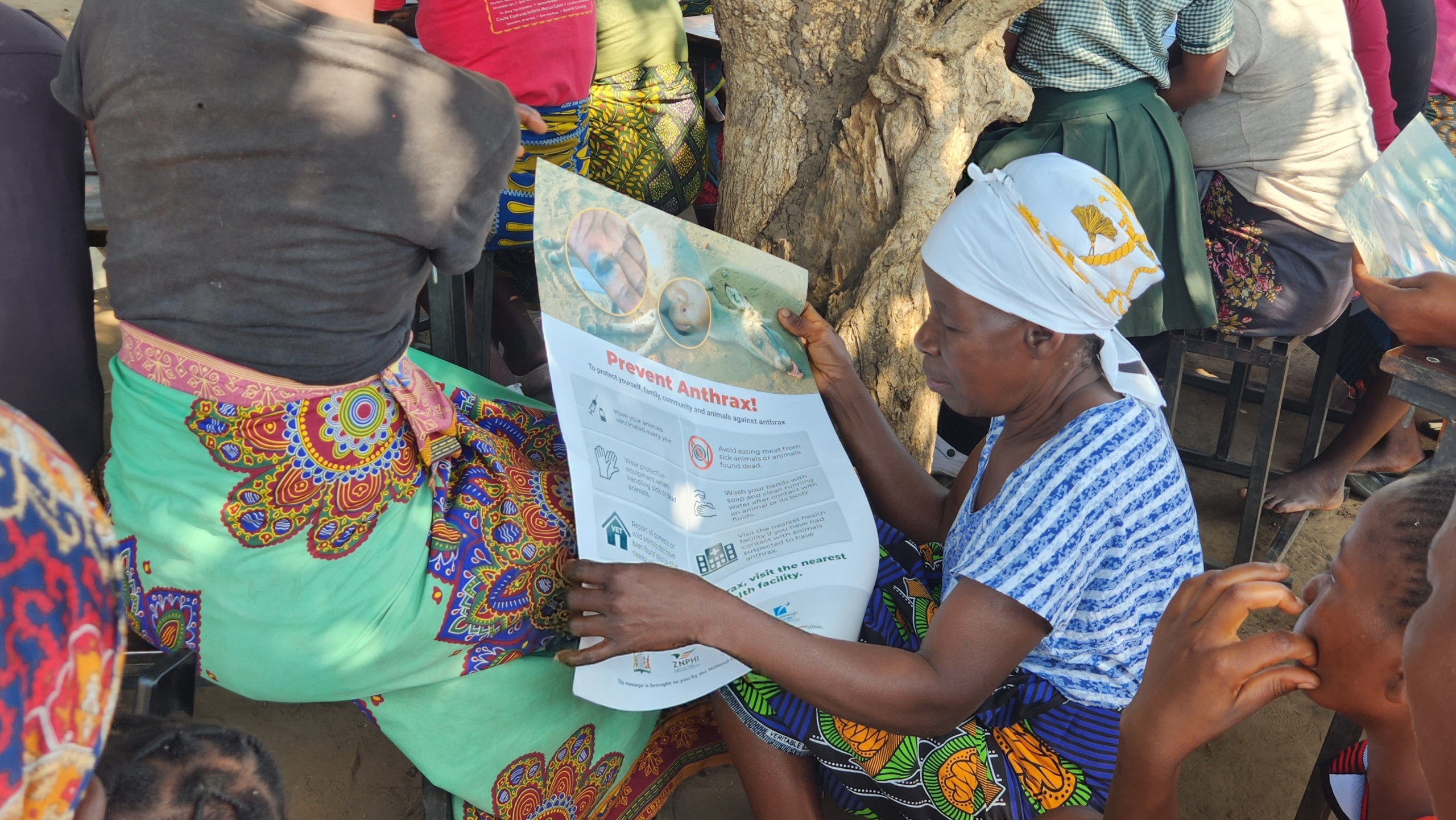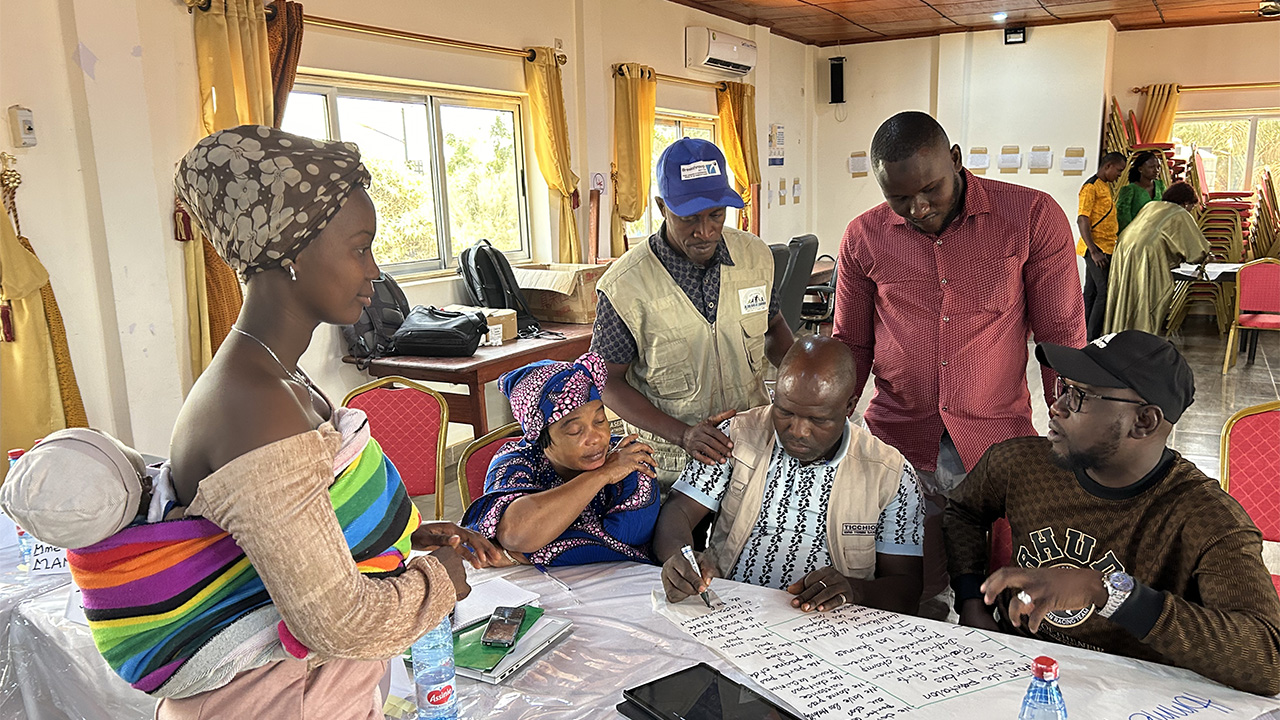Operating across 18 countries, primarily in Africa, the project extended its reach into Southeast Asia, the Western Pacific, and the Latin American and Caribbean regions to include programming in the Philippines, Bangladesh, Guatemala, and Jamaica. Employing a multisectoral One Health approach, Breakthrough ACTION is instrumental in helping countries advance RCCE core capacities defined by the World Health Organization, thus fortifying global RCCE capacity.
In collaboration with a diversity of partners at the national and sub-national levels, Breakthrough ACTION tackles an array of challenges, spanning from antimicrobial resistance to viral hemorrhagic fevers like Lassa fever and bacterial diseases such as anthrax. Furthermore, by integrating insights gained from previous responses, Breakthrough ACTION programs continuously adapt, not only enhancing current efforts but also laying the groundwork for more effective responses to future health crises.
Focus On
Zoonotic Behavioral Research Assessments
The Zoonotic Behavioral Research Assessments toolkit is a repository for research on risk and prevention behaviors related to select zoonotic diseases, with a focus on individual and sociocultural drivers, and the policy and communication environment that influences those behaviors.
Available in English and Français
Featured Resources
Blog Posts
Why we do this work
Effective emergency response often depends on complex behavioral changes at the individual, household, and community levels. Designed to strengthen defined RCCE capacities that countries need to report under the WHO’s international health regulations, Breakthrough ACTION’s GHS activities integrate evidence-based SBC approaches to support countries in their design, implementation, and monitoring of multisectoral RCCE across RCCE system, including coordination, infodemic and rumor management, knowledge management, and workforce development; real-time exchange with the public across a diversity of communication channels; and participatory engagement and codesign of interventions with communities.
Across Breakthrough ACTION countries of implementation, this is evidenced in the establishment and strengthening of communication systems that facilitate the coordinated engagement of communities prior to and throughout the duration of and recovery from an event; multiple stakeholders engaging the public with one harmonized voice across communication channels; improved trust and communication between communities and the health system that enhance surveillance and early reporting; RCCE systems that use a mix of new, low, and familiar technologies to increases sustainability and ownership, formative research on behaviors critical to behavioral framing of a response. These enhanced capacities are demonstrated in the increasing capacity scores countries are reporting for RCCE in JEE and SPAR scores.

